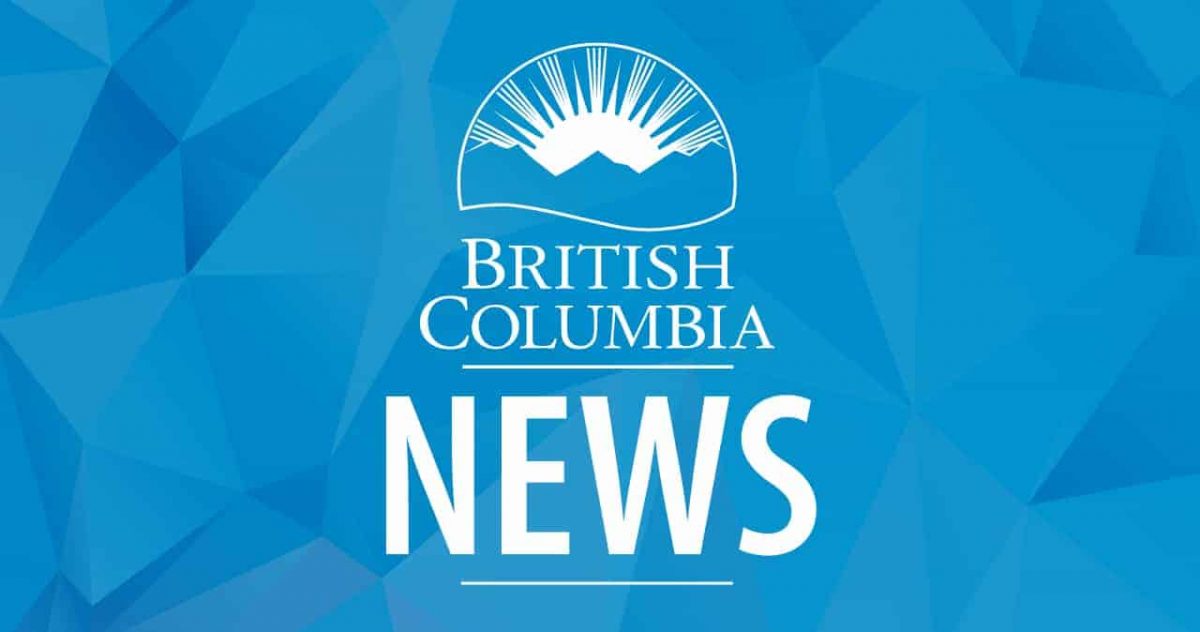
Speculation and vacancy tax continues to support homes for people
The speculation and vacancy tax is helping turn empty units into homes and creating affordable housing in communities throughout the province, new data confirms.
“Across the country, the housing crisis is hurting people and communities. The speculation and vacancy tax is supporting more homes for people, so they can live where they work and where their children go to school,” said Katrine Conroy, Minister of Finance. “While some would cancel the speculation tax – giving a handout to speculators and turning homes back into empty condos – we know that people can’t afford that.”
For the fifth year, more than 99% of homeowners in British Columbia remain exempt from paying the speculation and vacancy tax, according to 2022 data released as part of the Province’s consultation with mayors about the tax.
Principal residences and residences occupied by a tenant remained the top two exemptions claimed by property owners in 2022. Compared to 2021, these two exemption claims have grown by more than 30,000, suggesting that the tax continues to change homeowners’ behaviour and increase long-term housing.
More than $81 million was raised in 2022 through the tax to go back into affordable housing in areas where homeowners are subject to the tax. The majority of the tax was paid by non-B.C. residents, including foreign owners and people who don’t pay the majority of their taxes in Canada, for a total of $68 million.
In fiscal year 2022-23, the B.C. government invested more than $1.3 billion in housing initiatives in regions where speculation-and-vacancy-tax communities are located.
The 2022 data covers 40 communities where the tax applies. For 2023, the tax was expanded to six additional municipalities: North Cowichan, Duncan, Ladysmith, Lake Cowichan, Lions Bay and Squamish. People in these communities will declare for the first time in 2024 based on how they used their properties in 2023.
Starting in 2025, 13 additional communities will be required to declare based on how they used their properties in 2024:
- Vernon, Coldstream;
- Penticton, Summerland;
- Lake Country, Peachland;
- Courtenay, Comox, Cumberland;
- Parksville, Qualicum Beach;
- Salmon Arm; and
- Kamloops.
The speculation and vacancy tax is part of B.C.’s Homes for People plan that includes actions to fight speculation, deliver more homes within reach for people and speed up delivery of new homes.
Quick Facts:
- Every year, the Ministry of Finance consults mayors from areas where the tax applies to share data and gather feedback.
- This data helps inform discussions about how the tax is working in these communities.
- Since 2018, the speculation and vacancy tax, together with other housing measures, has helped add more than 20,000 units to the long-term rental market in Metro Vancouver alone.
Learn More:
To download the technical briefing about the 2022 speculation and vacancy tax declaration year, visit: https://news.gov.bc.ca/files/SVT_technical_briefing_2022_tax_year.pdf
To download the 2022 speculation and vacancy tax data by municipality, visit: https://news.gov.bc.ca/files/SVT_Detailed_Data_2022_tax_year.pdf
To learn about speculation and vacancy tax, visit: https://gov.bc.ca/spectax
To learn about the most recent expansion, visit: https://news.gov.bc.ca/releases/2023FIN0065-001819
To learn about Homes for People plan, visit: https://news.gov.bc.ca/releases/2023HOUS0019-000436
